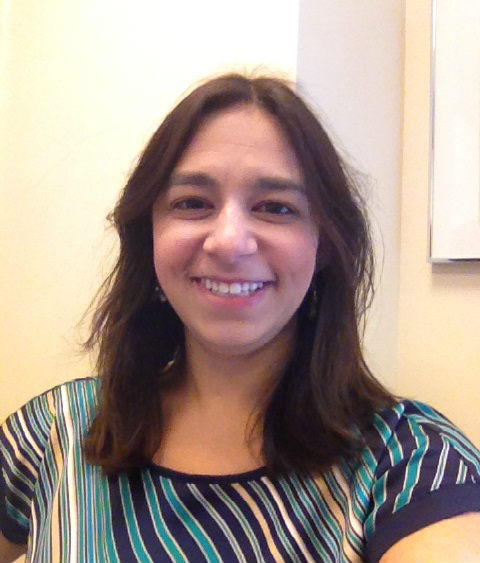As my 8 month old son becomes more mobile and is more interested in engaging with his 2 ½ year old sister, the discussions about pushing and hitting have ramped up in my house. What’s most frustrating is that I know my daughter loves my son. She wakes up every morning wanting to know where he is and running to give him a hug and kiss. But a few hours later, he grabs a toy or stands up on the other side of the couch from where she is sitting, and she ends up in a time out.
Even though it is what every parenting website, book, and social worker recommends, punishing her is incredibly difficult for me. I feel guilty every time. I worry that I am giving her more negative attention than positive, and stress that this will not help her relationship with her brother. Most importantly, I wonder what her two and half year old brain is really taking in and processing from all of this. What am I really teaching her by punishing her? What have I really accomplished?
It seems that our parashah this week has a similar issue. In Numbers 34:9-34, the Torah goes into great detail about what punishments should be levied for a crime, depending upon the type of weapon a person uses and the intent behind their actions. It seems that the penalty must not only fit the crime, but we must be clear about the severity of the crime itself. By going into so much detail, the text allows those in charge to feel better equipped to dole out an appropriate and fair punishment.
The current state of our prison system does not speak to that level of fairness. Our system is biased against citizens of color and does not consistently dole out equal or fair punishments. We also know that solitary confinement and the treatment of inmates does little to help those convicted of a crime do any kind of teshuvah. These things combined with the current epidemic of police brutality only exacerbate this difficult issue. I am glad that T’ruah is one of many organizations that is working to address this issue.
The goal of any kind of punishment, whether it be for my young daughter or for an adult who commits a crime, is to guide them toward the right behavior. We want to encourage people to see the wrong in their actions, to accept responsibility and to change their behavior in the future. Parashat Masei reaches out to tell us how important it is to carefully consider all aspects of an action before declaring the punishment for that act. In fact, the text would like us to realize that we need to be sure of the person’s intent, not just their action. Chapter 35 of the Book of Numbers draws to a close by telling us in verses 33 and 34: “You shall not pollute the land in which you live, for blood pollutes the land…You shall not defile the land in which you live, in which I Myself abide…” There can be no mistake why these statements fall at the end of the chapter’s discussion of crime and punishment. The Torah wants us to remember above all else that to wrongly punish another human through an improper and unjust punishment is to spill their blood. How can God live amongst a people who do not treat each other with upmost humanity and care?
And the next time my daughter pushes my son, I need to remember that having her stand in the corner by herself may not be the most effective way of teaching her how to express herself.
Rabbi Rena Rifkin received her MA in Jewish Education in 2008 from Hebrew Union College – Jewish Institute of Religion and was ordained in 2010. She currently works at Congregation Emanu-El of the City of New York, serving as the Coordinator of Faculty and Family Engagement.

